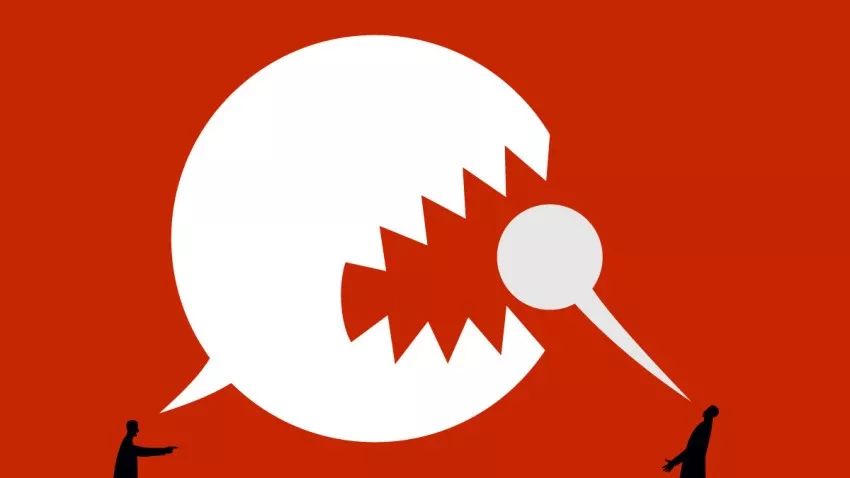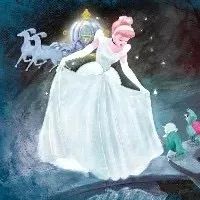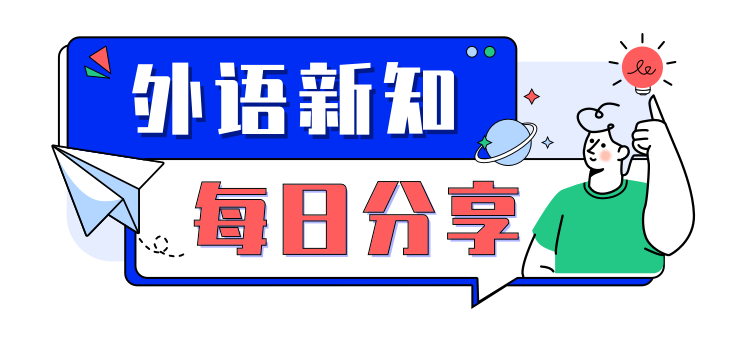
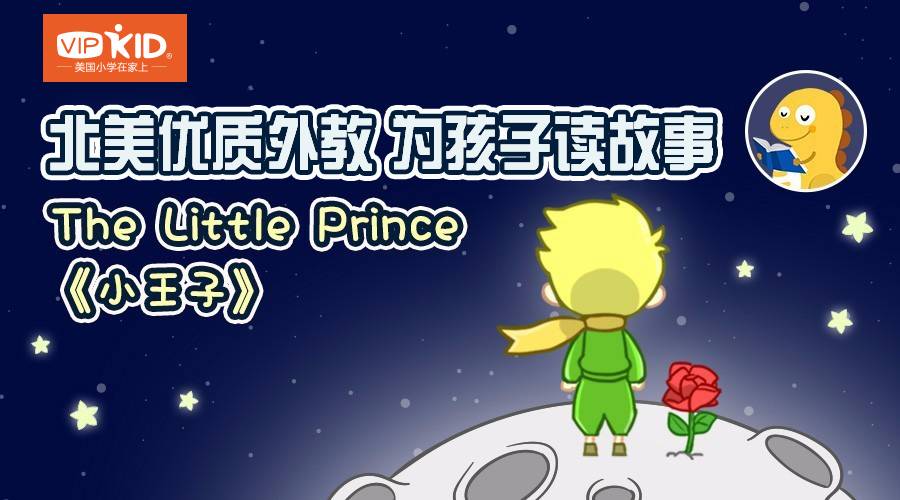
承诺
VIPKID睡前系列的所有故事和诗歌均由拥有多年辅导经验的北美优质外教精心挑选,特别适合4-12岁正在学习英语的孩子。
所有朗读故事或诗歌的外教均经过严格口语测试,发音标准。
《小王子》The LittlePrince讲述的是一个美丽的伤感故事。它不是普通意义上的童话,而是将无数哲理融入其中的“哲理童话”。
飞行员“我”因为飞机出了故障,被迫降落在远离人烟的撒哈拉沙漠上,这时一个神秘可爱的小男孩出现了,执拗地请“我”给他画一只绵羊。他就是小王子,纯洁、忧郁,住在被称作B-612 小星球,是那个小星球唯一的居民……
《小王子》不仅赢得了儿童读者,也为成年人所喜爱。它所表现出的讽刺与幻想,真情与哲理,使之成为法国乃至世界上最为著名的一部童话小说。
跟着VIPKID北美外教Kevin老师一起来读【Chapter13 第13章】,有个星球上住着一个实业家,他与小王子之间发生了怎样的故事呢?
单词卡
Vocabulary Card
Amuse [ə’mjuz]
vt. 娱乐;消遣;使发笑;使愉快
Idle[‘aɪdl]
adj. 闲置的;懒惰的;停顿的
v. 无所事事;虚度;空转
The fourth planet belonged to a businessman. This man was so much occupied that he did not even raise his head at the little prince’s arrival.
第四个行星是一个实业家的星球。这个人忙得不可开交,小王子到来的时候,他甚至连头都没有抬一下。
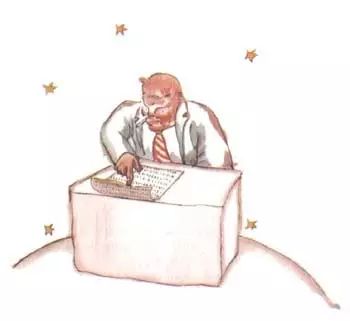
“Good morning,” the little prince said to him. “Your cigarette has gone out.”
小王子对他说:“您好,您的烟已经熄灭了。”
“Three and two make five. Five and seven make twelve. Twelve and three make fifteen. Good morning. Fifteen and seven make twenty-two. Twenty-two and six make twenty-eight. I haven’t time to light it again. Twenty-six and five make thirty-one. Phew! Then that makes five-hundred-and-one-million, six-hundred-twenty-two-thousand, seven-hundred-thirty-one.”
“三加二等于五。五加七等于十二。十二加三等于十五。你好。十五加七等于二十二。二十二加六等于二十八。没有时间去再点着它。二十六加五等于三十一。哎哟!一共是五亿一百六十二万二千七百三十一。”
“Five hundred million what?” asked the little prince.
“五亿什么呀?”
“Eh? Are you still there? Five-hundred-and-one million– I can’t stop… I have so much to do! I am concerned with matters of consequence. I don’t amuse myself with balderdash.Two and five make seven…”
“嗯?你还待在这儿?五亿一百万……我也不知道是什么了。我的工作很多……我是很严肃的,我可是从来也没有功夫去闲聊!二加五得七……”
“Five-hundred-and-one million what?” replied the little prince, who never in his life had let go of a question once he had asked it.
“五亿一百万什么呀?”小王子又问道。一旦他提出了一个问题,是从来也不会放弃的。
The businessman raised his head.
这位实业家抬起头,说:
“During the fifty-four years that I have inhabited this planet, I have been disturbed only three times.
“我住在这个星球上五十四年以来,只被打搅过三次。
The first time was twenty-two years ago, when some giddy goose fell from goodness knows where. He made the most frightful noise that resounded all over the place, and I made four mistakes in my addition.
第一次是二十二年前,不知从哪里跑来了一只金龟子来打搅我。它发出一种可怕的噪音,使我在一笔帐目中出了四个差错。
The second time, eleven years ago, I was disturbed by an attack of rheumatism. I don’t get enough exercise. I have no time for loafing. The third time– well, this is it! I was saying, then, five-hundred-and-one millions–“
第二次,在十一年前,是风湿病发作,因为我缺乏锻炼所致。我没有功夫闲逛,我可是个严肃的人。现在……这是第三次!我计算的结果是五亿一百万……”
“Millions of what?”
“几百万什么?”
The businessman suddenly realized that there was no hope of being left in peace until he answered this question.
这位实业家知道要想安宁是无望的了,就说道:
“Millions of those little objects,” he said, “which one sometimes sees in the sky.”
“几百万个小东西,这些小东西有时出现在天空中。”
“Flies?”
“苍蝇吗?”
“Oh, no. Little glittering objects.”
“不是,是些闪闪发亮的小东西。”
“Bees?”
“是蜜蜂吗?”
“Oh, no. Little golden objects that set lazy men to idle dreaming. As for me, I am concerned with matters of consequence.There is no time for idle dreaming in my life.”
“不是,是金黄色的小东西,这些小东西叫那些懒汉们胡思乱想。我是个严肃的人,我没有时间胡思乱想。”
“Ah! You mean the stars?”
“啊,是星星吗?”
“Yes, that’s it. The stars.”
“对了,就是星星。”
“And what do you do with five-hundred millions of stars?”
“你要拿这五亿星星做什么?”
“Five-hundred-and-one million,six-hundred-twenty-two thousand, seven-hundred-thirty-one. I am concerned with matters of consequence: I am accurate.”
“五亿一百六十二万七百三十一颗星星。我是注重结果的:我追求精确。”
“And what do you do with these stars?”
“你拿这些星星做什么?”
“What do I do with them?”
“我要它们做什么?”
“Yes.”
“是呀。”
“Nothing. I own them.”
“什么也不做。它们都是属于我的。”
“You own the stars?”
“星星是属于你的?”
“Yes.”
“是的。”
“But I have already seen a king who–“
“可是我已经见到过一个国王,他……”
“Kings do not own, they reign over. It is a very different matter.”
“国王并不占有,他们只是进行‘统治’。这不是一码事。”
“And what good does it do you to own the stars?”
“你拥有这许多星星有什么用?”
“It does me the good of making me rich.”
“这可以让我变富有。”
“And what good does it do you to be rich?”
“那变富有了有什么用呢?”
“It makes it possible for me to buy more stars, if any are ever discovered.”
“富了就可以去买别的星星,如果有人发现了别的星星的话。”
“This man,” the little prince said to himself, “reasons a little like my poor tippler…”
小王子自言自语地说:“这个人想问题有点像那个酒鬼一样。”
Nevertheless, he still had some more questions.
可是他又提了一些问题:
“How is it possible for one to own the stars?”
“你怎么能占有星星呢?”
“To whom do they belong?” the businessman retorted, peevishly.
“那么你说星星是谁的呀?”实业家不高兴地顶了小王子一句。
“I don’t know. To nobody.”
“我不知道,不属于任何人。”
“Then they belong to me, because I was the first person to think of it.”
“那么,它们就是我的,因为是我第一个想到了这件事情的。”
“Is that all that is necessary?”
“这就行了吗?”
“Certainly. When you find a diamond that belongs to nobody, it is yours. When you discover an island that belongs to nobody, it is yours.
“那当然。如果你发现了一颗没有主人的钻石,那么这颗钻石就是属于你的。当你发现一个岛是没有主人的,那么这个岛就是你的。
When you get an idea before any one else, you take out a patent on it: it is yours. So with me: I own the stars, because nobody else before me ever thought of owning them.”
当你首先想出了一个办法,你就去领一个专利证,这个办法就是属于你的。既然在我之前不曾有任何人想到要占有这些星星,那我就占有这些星星。”
“Yes, that is true,” said the little prince. “And what do you do with them?”
“这倒也是。可是你用它们来干什么?”小王子说。
“I administer them,” replied the businessman. “I count them and recount them. It is difficult. But I am a man who is naturally interested in matters of consequence.”
“我经营管理这些星星。我一遍又一遍地计算它们的数目。这是一件困难的事。但我是一个严肃认真的人!”
The little prince was still not satisfied.
小王子仍然还不满足,他说:
“If I owned a silk scarf,” he said, “I could put it around my neck and take it away with me. If I owned a flower, I could pluck that flower and take it away with me. But you cannot pluck the stars from heaven…”
“对我来说,如果我有一条围巾,我可以用它来围着我的脖子,并且能带走它。我有一朵花的话,我就可以摘下我的花,并且把它带走。可你却不能摘下这些星星呀!”
“No. But I can put them in the bank.”
“我不能摘,但我可以把它们存在银行里。”
“What does that mean?”
“这是什么意思呢?”
“That means that I write the number of my stars on a little paper. And then I put this paper in a drawer and lock it with a key.”
“这就是说,我把星星的数目写在一片小纸条上,然后把这片纸条锁在一个抽屉里。”
“And that is all?”
“这就算完事了吗?”
“That is enough,” said the businessman.
“这样就行了。”
“It is entertaining,” thought the little prince. “It is rather poetic. But it is of no great consequence.”
小王子想道:“真好玩。这倒蛮有诗意,可是,并不算是了不起的正经事。”
On matters of consequence, the little prince had ideas which were very different from those of the grown-ups.
关于什么是正经事,小王子的看法与大人们的看法非常不同。他接着又说:
“I myself own a flower,” he continued his conversation with the businessman, “which I water every day. I own three volcanoes, which I clean out every week (for I also clean out the one that is extinct; one never knows). It is of some use to my volcanoes, and it is of some use to my flower, that I own them. But you are of no use to the stars…”
“我有一朵花,我每天都给她浇水。我还有三座火山,我每星期把它们全都打扫一遍,连死火山也打扫,谁知道它会不会再复活。我拥有火山和花,这对我的火山有益处,对我的花也有益处。但是你对星星并没有用处……”
The businessman opened his mouth, but he found nothing to say in answer. And the little prince went away.
实业家张口结舌无言以对。于是小王子就走了。
“The grown-ups are certainly altogether extraordinary,” he said simply, talking to himself as he continued on his journey.
在旅途中,小王子只是自言自语地说了一句:“这些大人们真是奇怪极了。”
限 时 特 惠: 本站每日持续更新海量各大内部创业教程,一年会员只需98元,全站资源免费下载 点击查看详情
站 长 微 信: lzxmw777



